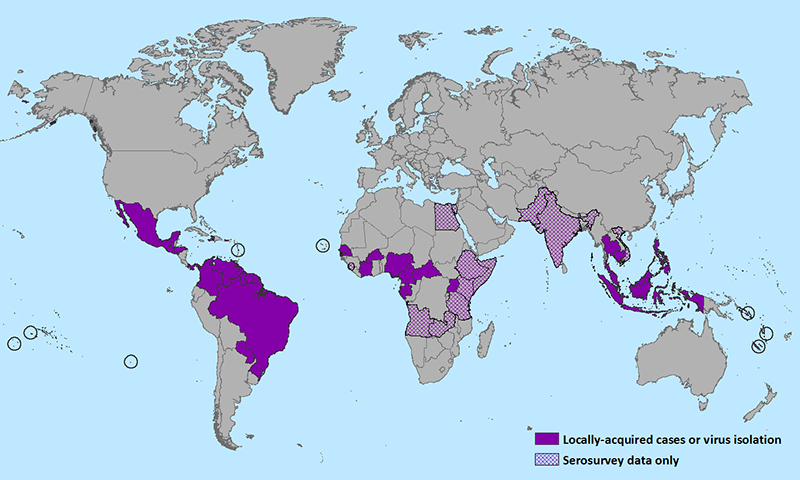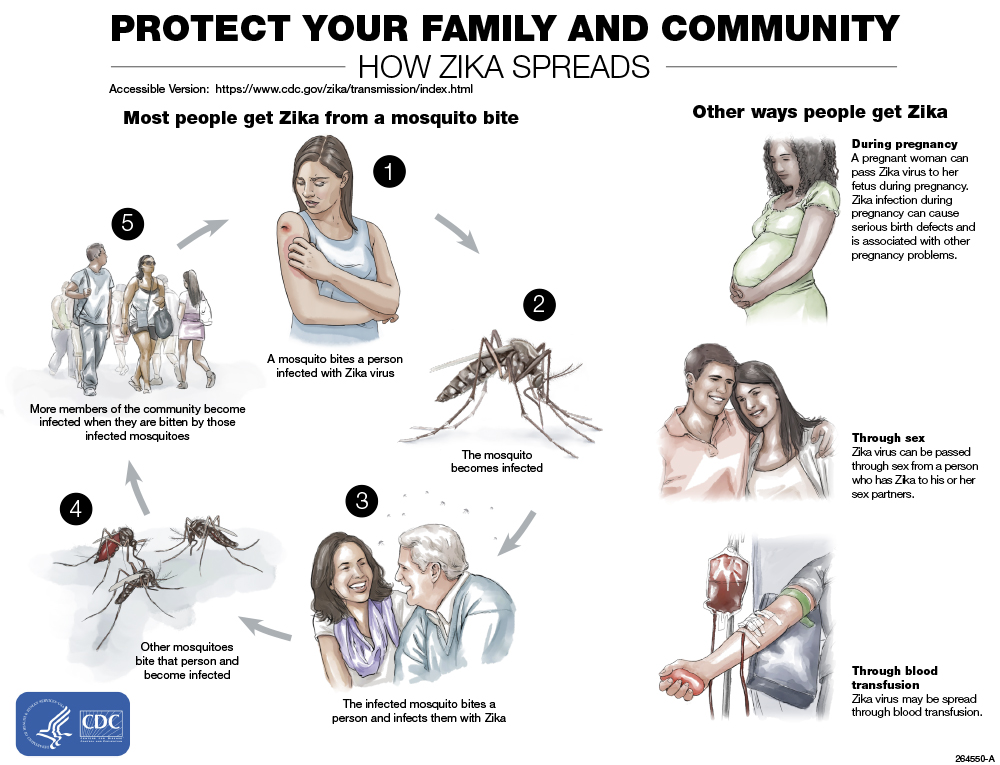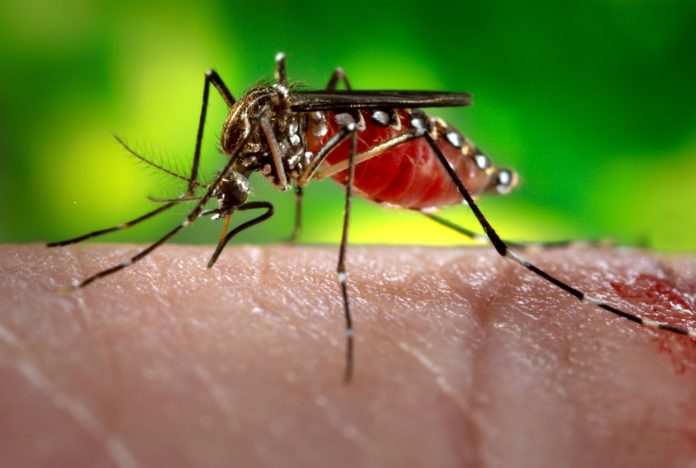There is panic after several positive cases of Zika were reported from Rajasthan. Medibulletin takes you through the disease
Weeks after a woman tested positive for Zika in Rajasthan capital Jaipur, the panic about the little known mosquito borne infection has persisted. Several more confirmed cases from the city have added to the panic.
This is not India’s first case – three confirmed Zika cases were detected in Gujarat in 2016 but the news broke much later.
A look at the disease, why it’s feared and all that there is to know

What is Zika?
Spread by the Zika virus, Zika is a mosquito borne infection. It is spread through the bite of the Aedes mosquito, the same vector for dengue and chikungunya. There is no vaccine for the disease yet. The infection can pass from the pregnant mother to the child. Children born to mothers infected with Zika can be born with small and malformed brains.

Symptoms of Zika
According to the Centers for Disease Control, many people infected with Zika will have no or mild symptoms that last several days to a week. However, Zika infection during pregnancy can cause a serious birth defect called microcephaly and other severe fetal brain defects.
Current research suggests that Guillain-Barre Syndrome (GBS), an uncommon sickness of the nervous system, is strongly associated with Zika; however, only a small proportion of people with recent Zika virus infection get GBS.
“Once someone has been infected with Zika, it’s very likely they’ll be protected from future infections. There is no evidence that past Zika infection poses an increased risk of birth defects in future pregnancies,” CDC says.
Past cases in India
On 15 May 2017, the Ministry of Health and Family Welfare-Government of India (MoHFW) reported three laboratory-confirmed cases of Zika virus disease in Bapunagar area of Ahmedabad. Since then, National Guidelines and Action Plan on Zika virus disease have been shared with the States to prevent an outbreak of Zika virus disease and containment of spread in case of any outbreak. An Inter-Ministerial Task Force has been set up under the Chairmanship of Secretary (Health and Family Welfare) together with Secretary (Bio-Technology), and Secretary (Department of Health Research). The Joint Monitoring Group, a technical group tasked to monitor emerging and re-emerging diseases is regularly reviewing the global situation on Zika virus disease.
What WHO says
Prevention and control relies on reducing mosquitoes through source reduction (removal and modification of breeding sites) and reducing contact between mosquitoes and people. During outbreaks, health authorities may advise that spraying of insecticides be carried out. Insecticides recommended by the WHO Pesticide Evaluation Scheme may also be used as larvicides to treat relatively large water containers.
Basic precautions for protection from mosquito bites should be taken by people traveling to high risk areas, especially pregnant women. These include use of repellents, wearing light colored, long sleeved shirts and pants and ensuring rooms are fitted with screens to prevent mosquitoes from entering.


